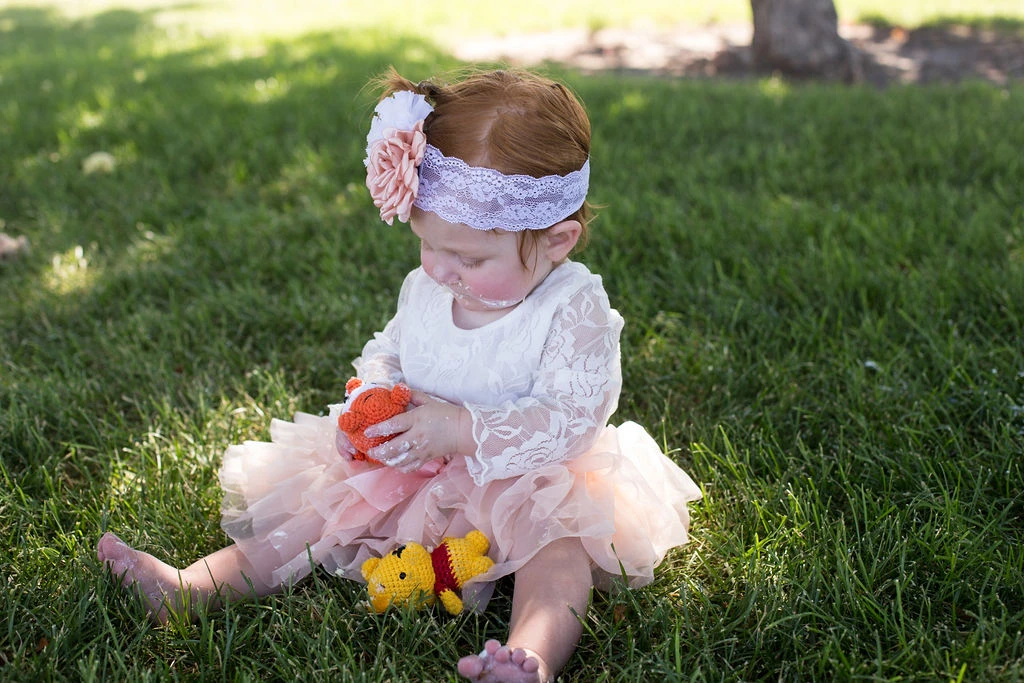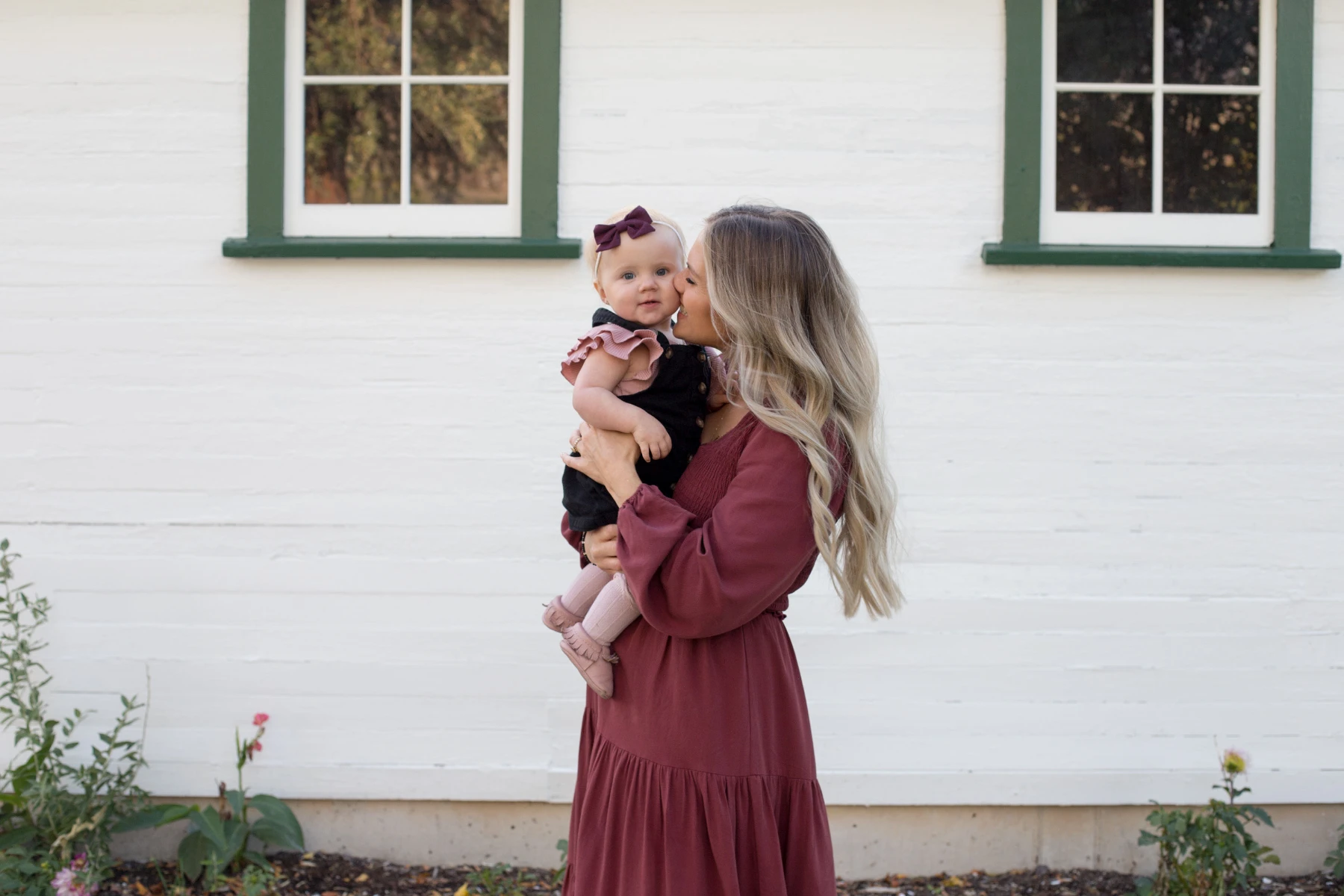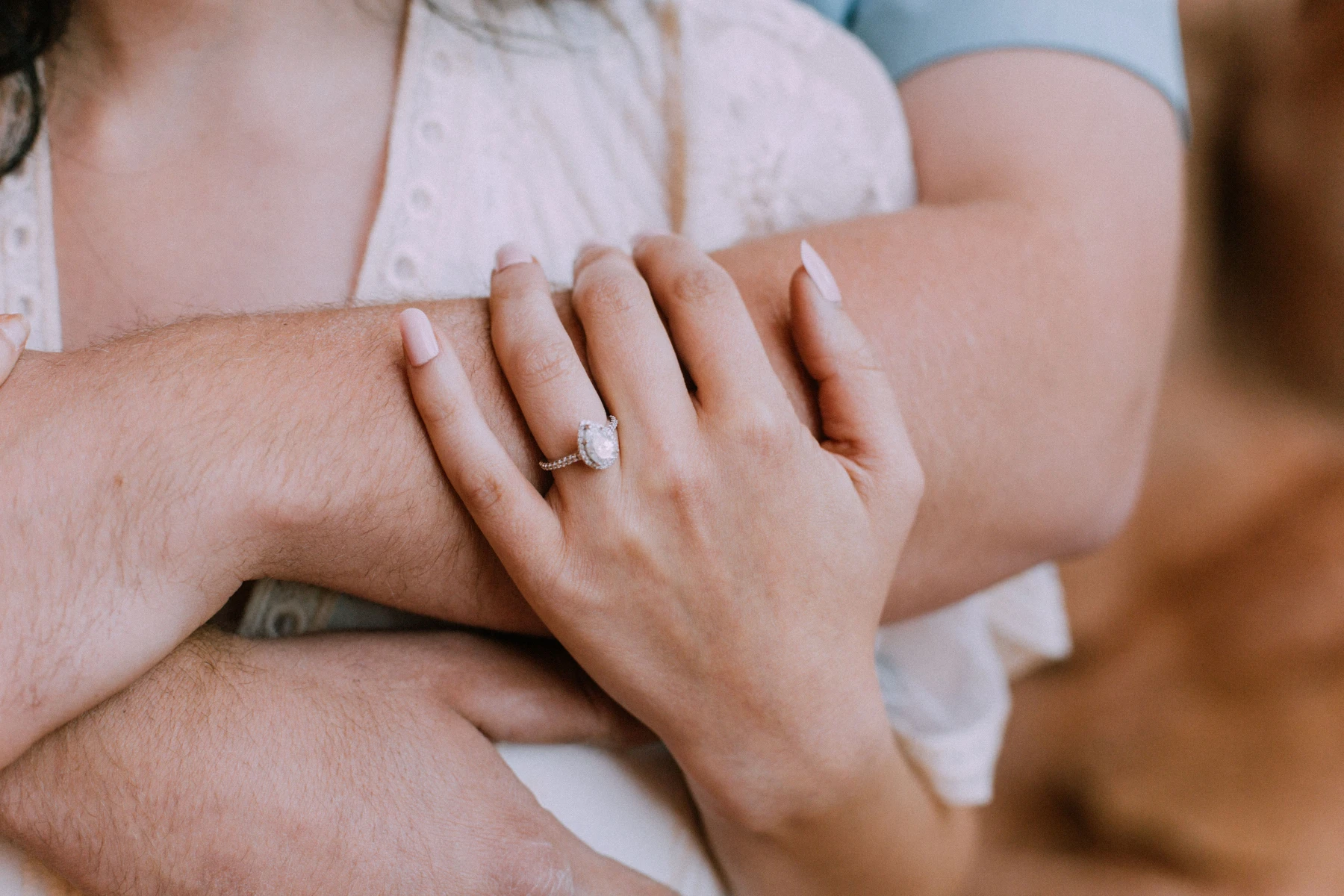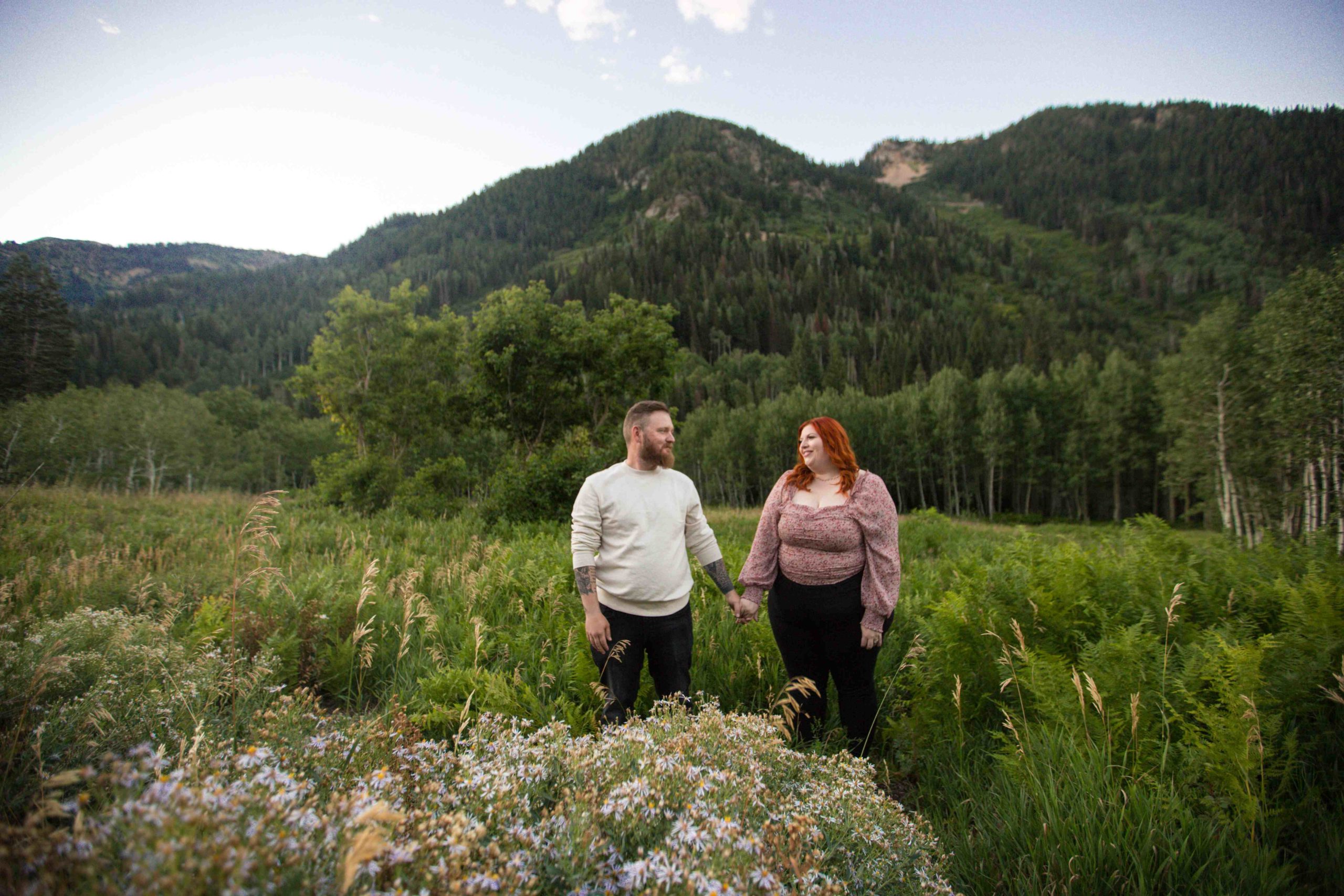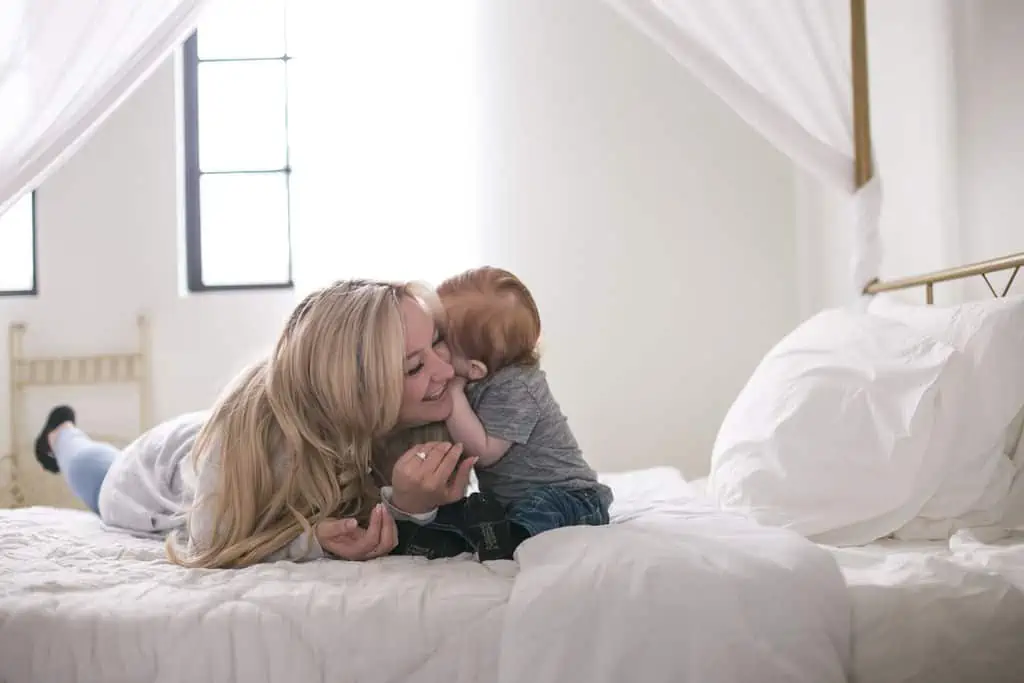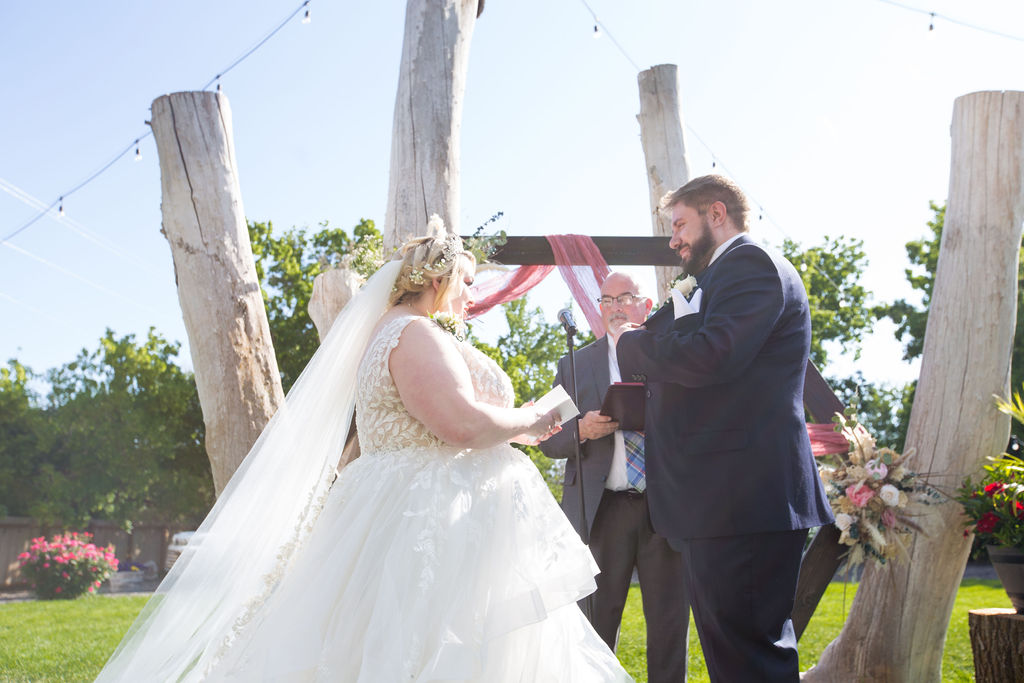You and your child play “peek-a-boo.” While you change their diaper, you talk to them. As you rock them to sleep, you sing to them. And when they make happy sounds like cooing, babbling, and gurgling, you do the same.
Moments like this are fun, but do you know that they can also help them? Well, the answer is yes. Today, we’re not only talking about photography here at Captured By Lexi. I’ll also let you discover some cute things and bond between you and your child!
Who knows? You might need these little “babbles” for your kids for your next photo shoot! Check out how I can help you communicate with your little one.
Your Child & Their Language
Newborns & Children are soaking up the sounds, tones, and language they’ll need to say their first words. You are critical.
Most of the time, kids whose parents talk to them have better language and conversation skills than kids whose parents don’t.
The best way to talk to your baby may be the way that comes most naturally to you, like saying, “How are you?!” in a sing-songy voice. “You want the ball?” It’s called “baby talk,” and it can help your child learn to talk.
So, Why Does Your Baby Needs It?
Babies are more likely to listen to and respond to baby talk than to normal adult conversation. The way you playfully exaggerate and raise the pitch of your voice makes your little one’s mind light up.
The truth is eighty percent of the physical development of a child’s brain happens in the first three years of life. As their brain grows, it makes the connections it needs to think, learn, and process information.
These connections, called synapses, happen very quickly. In the first few years, about 700 synapses form every second.
When you talk to your baby, you stimulate the synapses in the part of their brain that is responsible for language. The more words they hear, the stronger these connections get in their minds.
This can help your child improve their language skills and ability to learn. Babies who hear more baby talk know more words than their peers by the time they are two years old.
How Do Babies Talk?
Baby talk has shorter sentences, easier words, and more repetition. But “tummy” isn’t the only word that makes it appealing to babies. Baby talk sounds are much more critical, especially in the first 18 months.
Regardless of the words used, infant-directed speech has more emotion than speech directed at adults. Its higher pitch and more up-and-down patterns make it more attractive for babies to listen to.
It also has more vowels, and consonants emphasized, making the differences between sounds stand out more. This kind of exaggeration helps people learn the language.
When mothers use baby talk with more exaggerated vowels, their babies can better tell the difference between speech sounds. And exaggerated vowels help children acquire larger vocabularies.
What About Other Cute Phrases?
Baby talk is different from other cutesy language used with pets. When we talk to dogs and cats, we get more excited and raise the pitch of our voices.
But this makes it sound cutesy, and research shows that we don’t emphasize the vowels as we do in infant-directed speech. This may be because most animals can’t learn to talk like people (parrots being one exception).
We also emphasize vowels when talking to computer voices but don’t raise the pitch. And when we talk to people from other countries, we emphasize vowels and show more anger.
So, we change our speech’s pitch, emotion, and vowel stress to fit the audience’s needs.
How to Talk to Babies
Talking to your baby may be pretty easy, but there are some points that you need to take note of and guarantee. So that your child gets the most out of it, here’s the best suggestion.
Talk To Them Frequently
When parents talk a lot, their kids often do too. Spend some time alone with your child. When no other adults or children are around, a parent and child should talk to each other. You can set aside a specific time to talk.
Your child will learn from everything you say. This means talking to your baby while you dress or bathe them, playing, singing songs and nursery rhymes, and reading.
Children who hear many different words are likely to learn, understand and use many other words themselves. Also, don’t cut your baby off or look away when they try to talk back. They need to know you’re interested in what they say.
Making Eye Contact
When they are looking right at you, they will listen better. Keep them from watching or listening to too much TV. Too much can slow the growth of a language. Also, aren’t you more fun than the voice on the screen?
Add some grown-up language, too. Your child needs to hear how words sound when people talk. The way you speak to your child should change as they grow up.
Listen & Answer
How you talk to your child can help him, or she learn the language. It all comes down to what you do when your child shows interest in something.
This means paying attention to what your child is interested in or trying to tell you and then talking to them about it. After you answer your child, it’s good to take a break. This gives your child time to think about what you said and come up with their answer.
For instance, if your child points to a tree, you could say, “That’s a huge tree, isn’t it?”. Then hold on. Your baby might point, babble, squeal, or say words. Then you could say, “I wonder what kinds of animals live in that tree.”
Seeing and responding, waiting, and then responding again keeps the conversation going and helps your child learn how to have a conversation. When it comes to listening, your child might not sometimes answer, even if you wait a few seconds after you say something.
That’s fine because babies and young children also like quiet times. If you pay attention to your child, you’ll know how to talk to them based on their interests and what they say.
For example, stop talking if your child looks tired, antsy, or angry. You can give it another shot later. How your child acts could also affect how much and often they want to talk to you. Some kids are more outgoing by nature, while others are quieter.
Are Baby Talks The Same?
There are times when baby talk is different from the norm. For example, mothers who are depressed after giving birth tend to talk to their babies less exaggeratedly. And babies who can’t hear well don’t use baby talk with emphasized vowels.
Capturing Your Best Moments
Today might be the most fantastic day of your life when your child starts to respond to you. Capturing that moment could genuinely be a lifetime achievement! If you want to get things recorded, I’m here to help and guide you.
I am a photographer from Utah who wants to give you a way to look back on essential memories, no matter what they are, because the possibilities are endless!
From a day with family to capture the journey of your love to snuggles with your newborn or littles to fashion statements for your blog to just wanting photos for yourself. Let’s make and keep memories together.
Contact me today and see my maternity portfolio to help you understand how I work with my mom partners!

